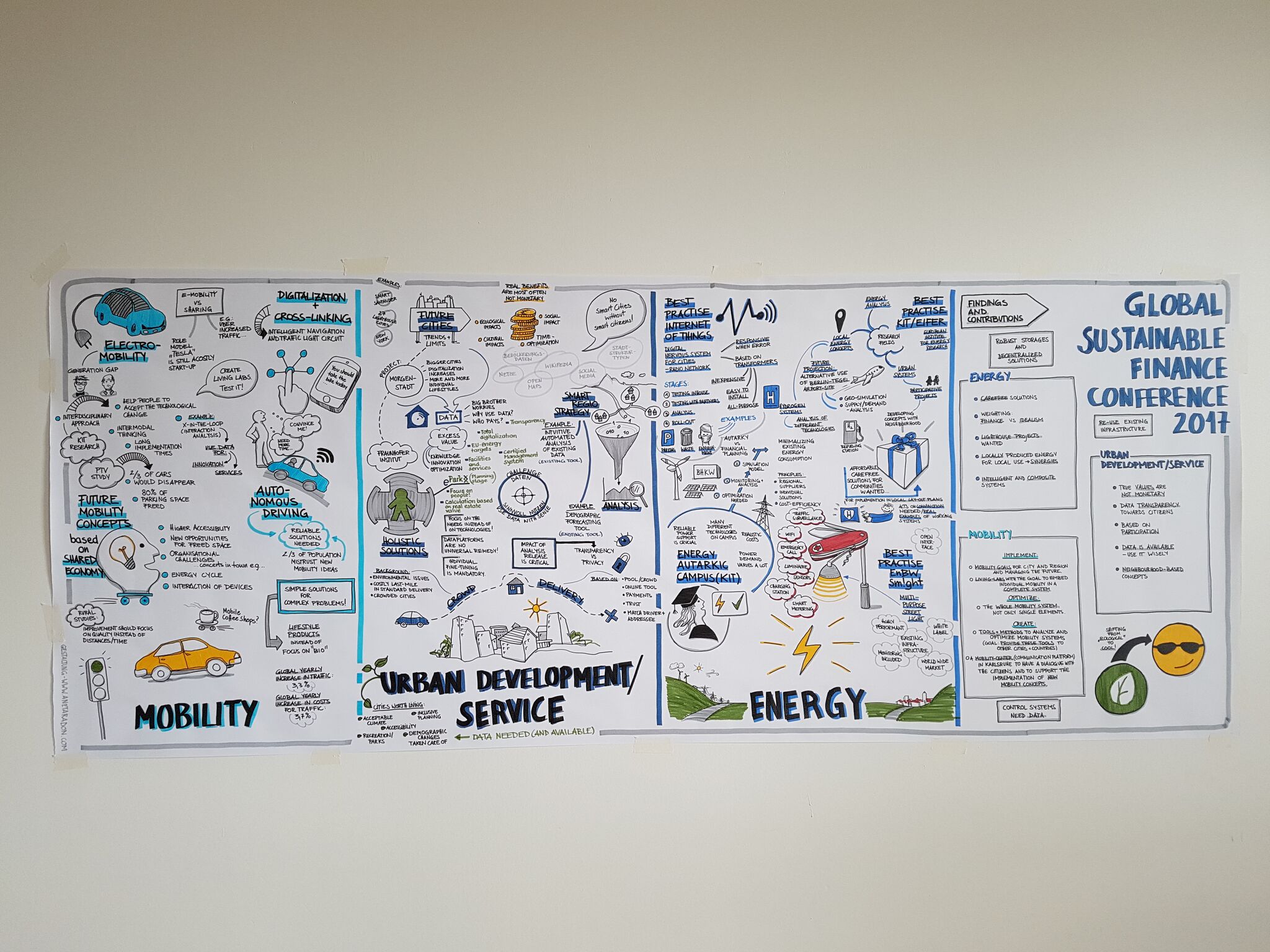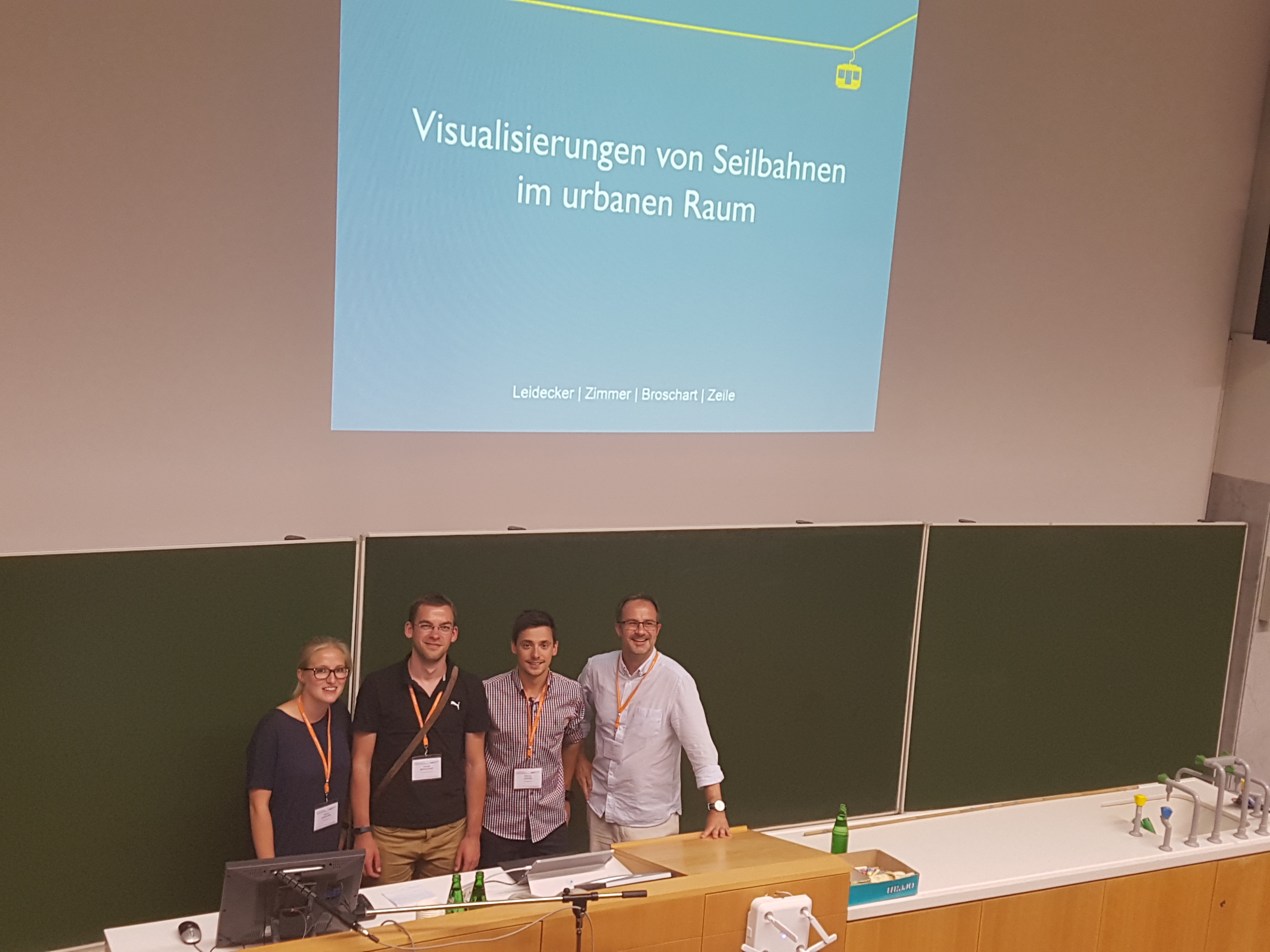IS THIS THE REAL WORLD?
“Perfect Smart Cities” vs. “Real Emotional Cities”
Cities have been created by mankind for thousands of years now, as places for people to live and where they can best develop their talents and activities in work-sharing societies.Although there is still a huge demand for physical structures, lately lots of the discussion on the future of cities has been focusing on bringing digital technologies into cities. The term “Smart Cities” has been excessively used and bears the hope and promise that cities will become more efficient but also more livable.“Smart Cities Solutions” has also become a major industry with a huge future potential.
Cities do not just consist of bricks, mortar, steel, glass and – recently – ICT. A city has an identity, a “spirit”, it is emotional, and this is often something very important for a city and its places and districts, and of course for its citizens. Cities are “home”, there can be feel-good places as well as areas rather to avoid, depending on many factors: common and individual ones. What makes the “spirit of a city” or a place?
Whereas renderings in the Smart City context all too often show almost perfect cities, real cities have their shiny places, but most probably also their “dark sides”. What is the situation and the future of “THE REAL WORLD”? What is the relation between longing for “Perfect Smart Cities” and “Real Emotional Cities”? Will cities and neighbourhoods be “standardized” and more look and feel like each other or will they keep their identities? Will this be just decided in market values?
Can urban planning support keeping and creating places, spaces and cities – “Real Emotional Cities”? What are the tools for the 21st century city? Of course we must not forget that sustainability and resilience stay primary goals for urban development.
REAL CORP 2019 wants to explore the relations and differences between standardisation trough technical innovation on the one hand and the quest for uniqueness and peculiarity on the other hand. You are invited to submit your proposals for papers and presentations especially on the following topics:
- REAL CORP 2019 special challenge: Real Smart Cities – Squaring the Circle? Enormous savings, huge profits, happy people – sustainable, resilient, for all
- Changes in the physical structure of cities due to digitisation
- Real World Territories vs. Info Spaces
- Tradition vs. Branding: Keeping and creating the identity, the spirit, the emotions of cities and places. Is “branding” the tool for new places to create identity or for existing places to “upgrade”?
- Real Smart Cities – High Tech and High Quality of Life: best practises and concepts for the future
- integrated/holistic approaches;
- sectoral solutions (energy/smart grid; resource management; people mobility; freight transport and logistics; smart government; data and information infrastructures; smart buildings, smart housing, smart home; smart health, education, entertainment; smart retail; internet of things; urban farming; safety and security; …)
- governmental vs. industrial vs. civil society driven approaches
- Things hardly mentioned in “Smart Cities propaganda” – the “other side of the city” (informal settlements; refugees camps; brownfields; traditional industrial areas, slaughterhouses, …; huge logistic and retail zones; waste (water) treatment; cemeteries; “no-go areas”; urban heat islands …)
- How do we decode the context of a city and can we measure or describe people’s perceptions?
- Feel-Good Places – how to create, how to maintain? (urban design; mix of uses; existence or absence of strict regulations; sounds vs. noise; managing urban microclimate; memories, historical remains; nature in the city, art,;performances; …)
- City OF things or city FOR people?
- Real Estate Development and Urban Planning: competitors or partners?
- Role of Urban Planning and Urban Planners in shaping the City of the Future (advisors, masterplanners, moderators/mediators, designers, integrators, …; cultural differences in urban planning and the use of technology)
- Digitisation trends in urban planning?
- Tools – advances in technology
(Evolution of GIS and DSS?; from Building Information Modelling (BIM) to City Information Modelling (CIM); Artificial Intelligence? (AI); Designing with Virtual Reality (once again!)? 3D printing, consumer 3d printing (c3dp), …) - Sources of information (remote sensing, LIDAR/Laser Scanning, drones/unmanned vehicles, floating vehicle data, real time data, sensor networks, “Big Data”, …)
- Accessibility of information and data (Open Government Data (OGD), Open Source, user and crowd generated content, news from INSPIRE?, international and global data initiatives, …)
- Mindset – trust or mistrust in instruments, methods, processes?
- Tools – advances in technology
- What about the countryside? (“Smart Country”; Digitisation in the context of „rethinking the concept of villages“ and its potential benefits; …)
Call for papers until December, 6 2018
Agreement on the basic acceptance will take place until December 17, 2018. Submission deadline for the review paper is January, 8 2019. Subsequently double-blind full paper review until February, 4 2019. Publication-ready final version (“Full Paper”) until February 28, 2019.
Registration
To register and submit your abstract, please visit our conference registration portal https://my.corp.at and register for the conference participation. (If your abstract is not accepted, you can of course withdraw your registration for free.) If your abstract is accepted, your registration will be automatically confirmed.)
Cooperation partners
REAL CORP 2019 is a cooperation of:



0 Comments